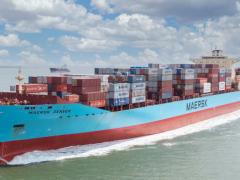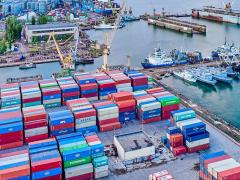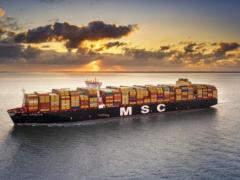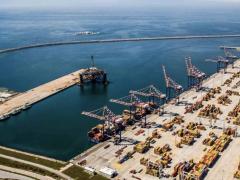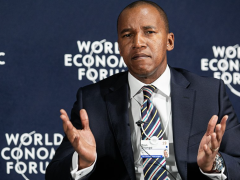Dutch airfreight aggregator Clive Data Services (CDS) has revealed in its latest figures that year-on-year (y-o-y) capacity for October has increased by 17%.
However, there’s a three percentage point drop-off in dynamic load for the same y-o-y period, with take-up currently standing at 68%.
Take-up though increased by 2% in September, suggesting that demand is slowly catching up with enhanced supply.
Important though is the increase in rates – 37% compared to this time last year.
According to British supply chain portal, The Loadstar, CDS noted that there were “significant market performance deviations.
“Flights ex-Asia Pacific-Europe remained virtually full, lifting rates by a further 20% over September 2021, while Apac-North America rates reached a double-digit level per kilo. Overall, international rates rose 10% month over month.
“Load factors out of Apac westbound in October stood at 91%, while eastbound produced a strong 89%.
“Some mid-tier markets in Asia, such as Vietnam and Malaysia, showed the highest spot rates – between $9 and $10 per kg into Europe. In comparison, Hong Kong, in the last week of October, was close to $7 per kg.”
The data service’s managing director, Niall van de Wouw, believes the figures are indicative of a build-up to the peak season.
The lower-than-expected take-up figure of 68% compared to the capacity increase of 17%, he said, could be explained in a cautious balancing of supply and demand.
However, the director general of the International Air Transport Association, Willie Walsh, has warned that as take-up improves toward the end of the year, capacity increase as it stands could be outstripped by demand.
Current challenges experienced on the ocean side, he said, could play into the hands of airfreight.
“There is a benefit from supply chain congestion as manufacturers turn to air transport for speed. But severe capacity constraints continue to limit the ability of air cargo to absorb extra demand. If not addressed, bottlenecks in the supply chain will slow the economic recovery from Covid-19.
“Governments must act to relieve pressure on global supply chains and improve their overall resilience,” he said, as quoted by journalist Alex Lennane."


